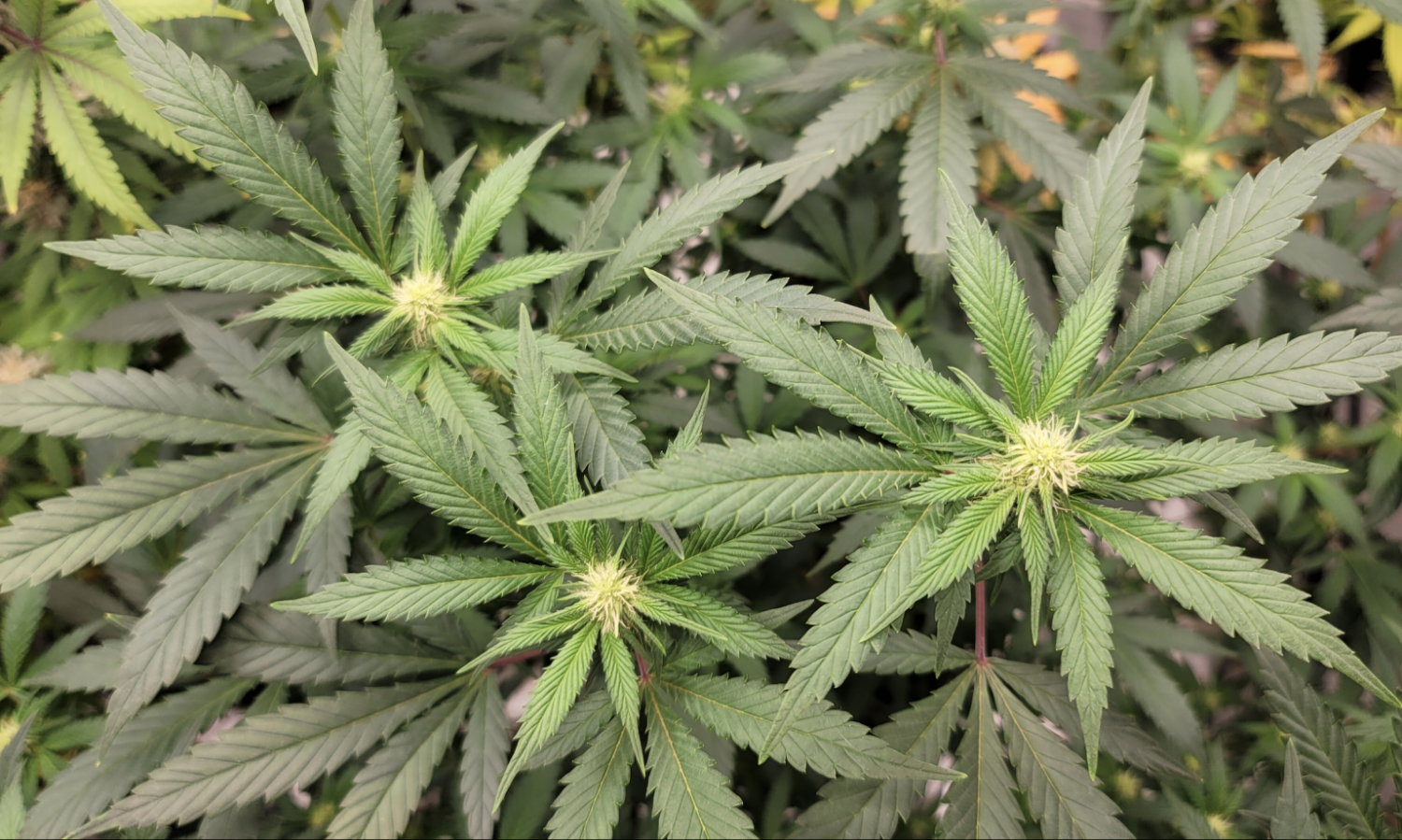The governor of Kentucky is urging lawmakers to significantly expand the state’s medical marijuana law by adding new qualifying conditions as the administration puts forward a series of initial proposed regulations to begin implementing the program.
At a briefing on Thursday, Gov. Andy Beshear (D) announced that two independent advisory groups he appointed have unanimously voted to recommend that the legislature add more than a dozen new conditions to qualify patients for medical cannabis under a law he signed last year.
“This is a crucial step. While the legislation referenced several qualifying conditions, it left others out,” he said, adding that the expanded list includes “very serious conditions that we believe—but more importantly that these medical groups and advisory groups all unanimously agree—should become a part of the program.”
The current list allows patients with one of the following seven conditions to qualify: cancer, post-traumatic stress disorder (PTSD), multiple sclerosis, chronic pain, epilepsy, chronic nausea and muscle spasms.
The Team Kentucky Medical Cannabis Workgroup and Board of Physicians and Advisors recommended adding: ALS, Parkinson’s disease, Crohn’s disease, sickle cell anemia, wasting syndrome, neuropathies, severe arthritis, fibromyalgia, muscular dystrophy, Huntington’s disease, HIV/AIDS, glaucoma and terminal illness. One of the groups additionally recommended adding hepatitis C.
Beshear said that his office estimates that 437,000 more Kentuckians would become eligible under the expanded list. He added later in the briefing that the administration has been talking with members of the legislature and the sponsor of the bill that he signed last year to create the medical cannabis program about moving ahead with the reforms.
Also, the governor unveiled a series of regulations for the forthcoming medical cannabis program that his administration is proposing that would establish rules for cultivators, processors, producers, dispensaries, transporters, advertising, testing and more.
“These regulations will ensure that Kentucky’s medical cannabis program is safe and accessible for all patients—and it makes sure that they are secure for our communities,” he said.
Beshear said additional regulations on applying for medical cannabis business licenses will be “issued in the coming weeks and months.” He also said he expects lawmakers to make certain technical “tweaks” to the law this session related to the licensing implementation timeline.
“We’ve had some early conversations on that with good feedback,” he said. “Our sense is that everybody wants to make it work.”
As it stands, the medical marijuana program is expected to launch in 2025.
Further, the governor discussed a new partnership with the companies Tyler Technologies and Metrc to facilitate patient registrations. He warned that the administration is aware of businesses currently marketing medical marijuana cards that are “not legitimate and most likely fraudulent.”
“Ultimately this program is about providing health care,” Beshear, who also briefly touted the bipartisan work that went into the enactment of medical cannabis legalization during his State of the Commonwealth speech on Wednesday, said. “It’s about providing relief to Kentuckians with severe medical conditions.”
The governor also announced on Thursday that regulators launch a new tool to help prospective medical cannabis businesses understand zoning issues that may come into play with their desired locations.
Beshear has been a staunch advocate of medical marijuana legalization, using his executive authority to unilaterally enact reforms as lawmakers worked on the issue.
The Team Kentucky Medical Cannabis Workgroup that was involved in recommending additional qualifying conditions was formed under an executive order he signed last October, for example.
An earlier executive order that he signed in 2022 allows patients who meet certain criteria such as a cancer or epilepsy diagnosis to possess up to eight ounces of medical cannabis legally obtained from dispensaries in other states. It also provides for the regulation of the sale of delta-8 THC products.
The governor previewed plans to advance the issue of medical marijuana administratively in 2022, criticizing the Senate for up until that point failing to heed the will of voters and for “obstructing” reform by refusing to even give a hearing to a House-passed bill this year.
Beshear also voiced support for broader marijuana legalization in 2020, saying that it’s “time we joined so many other states in doing the right thing.” He added that Kentucky farmers would be well-positioned to grow and sell cannabis to other states.
A Democratic Kentucky lawmaker did file legislation this week that would legalize the possession, use and cultivation of marijuana by adults 21 and older—but it does not contain commercial sales components. (Full Story)

